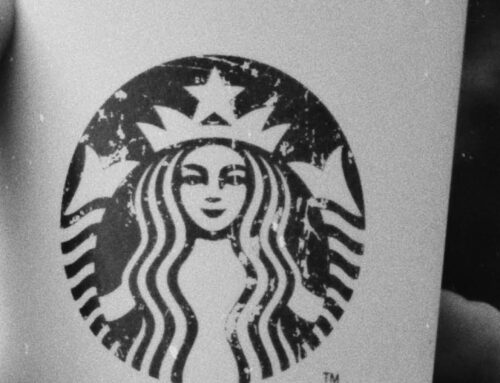The rise of the digital currency era brings about a diverse empire of digital tokens, including cryptocurrencies and the elusive NFT’s which have taken the 21st century by storm.
NFT’s have created ample controversy in the copyright field, particularly regarding what constitutes a copyright infringement in the digital world. Below, we discuss what exactly an NFT is, and analyse the relationship between copyright and NFT’s to understand whether your newly purchased NFT can be considered to infringe on copyright laws.
What is an NFT?
The acronym NFT, stands for non-fungible token, a strictly digital token, which is bought and sold online, and is not easy to exchange with other goods and assets. Unlike currency, NFT’s are unique tokens, and are not made to have equivalent values. Creating, or ‘minting’, an NFT involves coding two essential elements through a blockchain network: the tokenID and the contact address. The combination of this distinctive tokenID alongside the contact address bestows the owner with a one-of-a-kind token, which the digital audience can view freely, but do not own the rights to. Essentially, in buying an NFT, the owner is buying the rights to a string of code, which is accompanied by a non-exclusive artwork.
Co-existing with copyright
The popularisation of NFT’s has given rise to litigation relating to copyright infringement. Particularly, questions about what constitutes copyright infringement when converting artist’s original artworks into online NFT’s. Earlier this year, a lawsuit between Miramax and Quentin Tarantino debated whether Tarantino was liable for trademark and copyright infringement based on his plans to auction off Pulp Fiction related NFT’s. Pavle Culjkovic of MSA IP describes an NFT as being neither an original nor a copy, but rather a string of code. As such, it cannot be said that when one copies an image into an NFT, there has been copyright infringement, as it is not the image, but the string of code, that is essential to the uniqueness of an NFT.
Australian authority on the matter has yet to evolve, however pioneers in the U.S. and China have begun to create precedent for the NFT conundrum. U.S. copyright law stipulates that the copyright holder, usually the artist, has sole jurisdiction over their artwork, and hence should be the only one with the authority to turn it into an NFT. In April of this year, the Chinese Hangzhou Internet Court decided a matter in a similar fashion to that of U.S. authority. The court ruled that copying an artwork and uploading it as an NFT for trade, falls under the exclusive rights of reproduction and publication (generally without authorisation), and is therefore an infringement on copyright laws. In short, many NFT uploaders, who upload artworks created by someone other than themselves, and do not have the rights to do so, are potentially liable to be sued for copyright.
The convergence of old laws and the new digital era gives rise to this new ‘grey area’, in which courts, artists, NFT creators and consumers must all operate under. With the differing opinions regarding what is considered copyright in the digital world, and the introduction of NFT related copyright cases in court, it will be interesting to see how copyright law evolves to make room for NFT’s.
Nicole Wolf
Law Student







